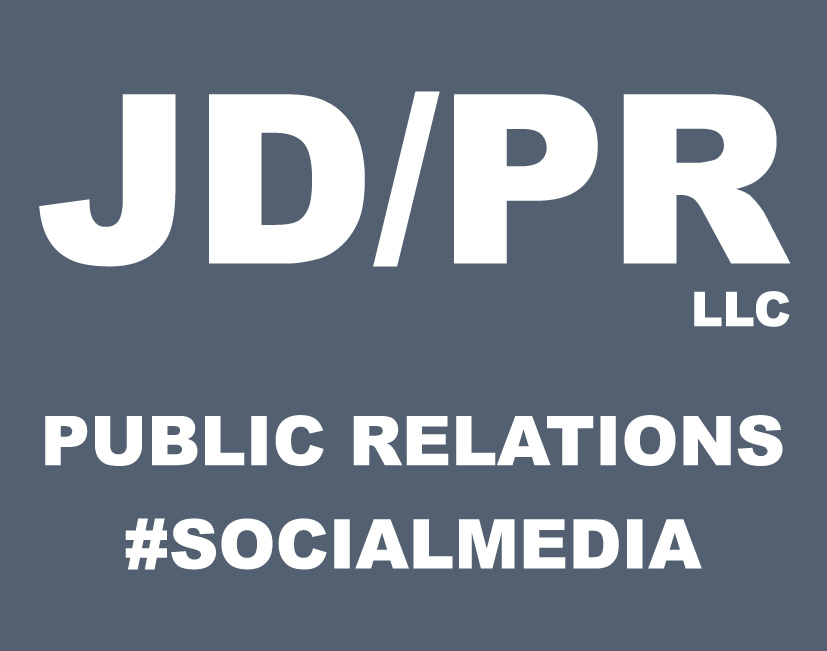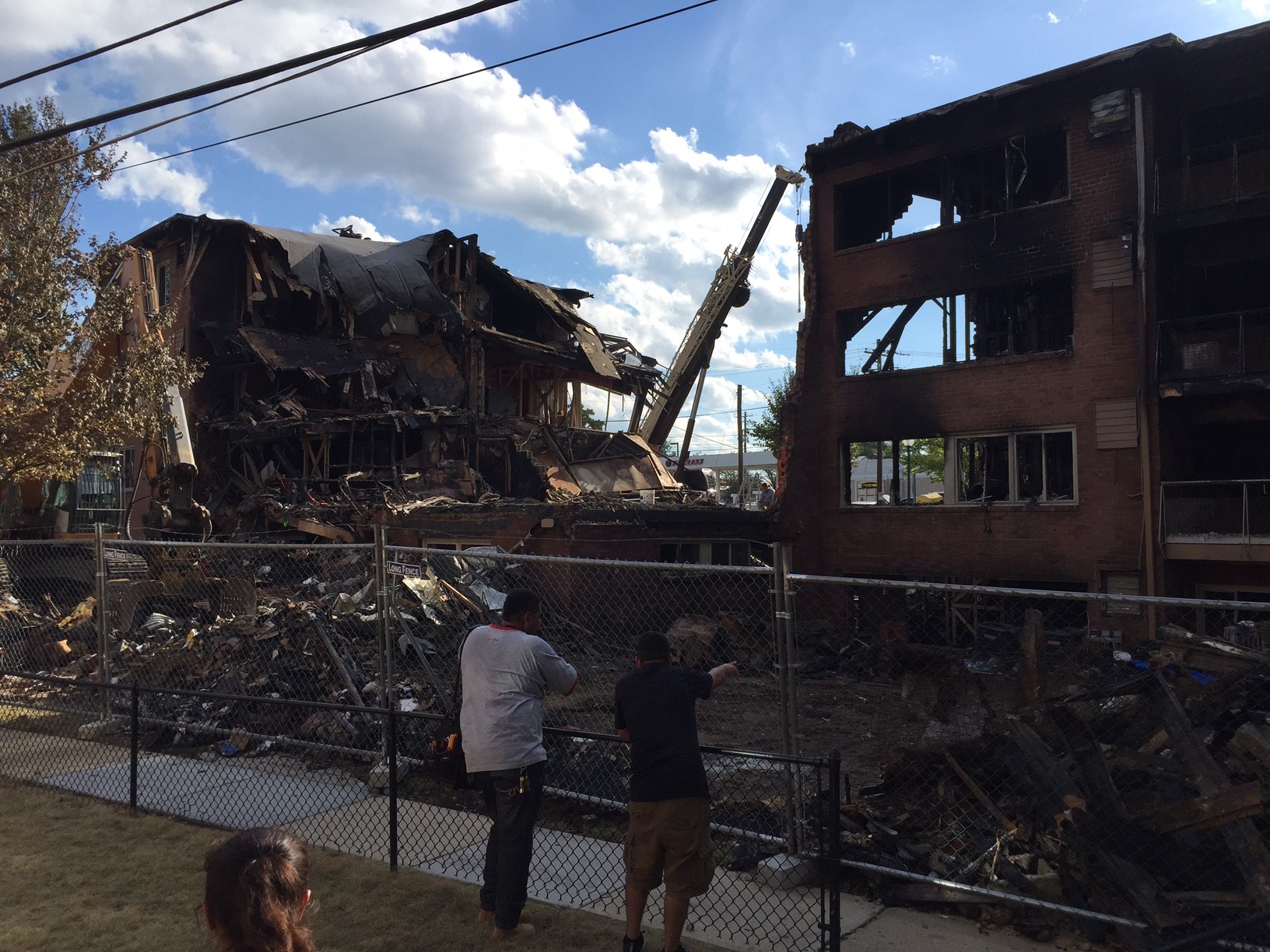Own the Situation or Let it Own You
Nearly everyone has a cell phone in their pocket and that means you better be extra ready for the spotlight if something goes wrong. Just ask anyone in public health or national politics.
I conducted a half-day crisis communications workshop – “Inside the Crisis Communications Command Center: What You Need to Know” – on behalf of the PRSA Maryland chapter with PRSA colleague and Erickson Living communications pro Daniel Dunne, APR, Fellow PRSA. Dan has extensive crisis PR experience, including managing the press leading up to the execution of domestic terrorist Timothy McVeigh in 2001.
Dan shared insider details about what went into planning a mega national event – the McVeigh execution – that the media promised would get more coverage than that year’s Presidential inauguration. I shared insights from recent crisis situations I was part of in Maryland and Delaware, including an apartment explosion that claimed the lives of eight people and displaced hundreds.
Here are some of the tips we shared:
Poor messaging and putting the news media ahead of your own employees are two of the biggest mistakes. The public isn’t going to call the PR department for the scoop. Your employees will get emails from their contacts inquiring about what happened and they’ll be asked by neighbors. They need the correct information to serve as the starting point for rumor control.
No matter how unpleasant the information may be, you should be acting in the best interest of the company, residents or customers and the public. Do not let the manageable concerns (e.g., crisis situation) get in the way of an effective response.
Don’t “wing it” with the media. Make your mistakes behind closed doors in your conference room during media training rehearsals well in advance of any crisis.
Important publics are paying attention to you (and taking notes and screen-shots of your statements and Twitter feed). This includes employees, media, local government/agencies and critics, so keep the bigger picture in mind when communicating.
Make sure you have a crisis plan and that it is updated and accessible via mobile device. Crisis situations don’t always occur during the week between 9 a.m. and 5 p.m.
You can either own the situation or let it own you. Take steps to own it at every phase of the conflict management cycle: from the issues management and planning phase to the strategic and reactive phases to the final phase: reputation management and image restoration.
People want to hear: that you care, you are taking steps to address the situation, you are accountable and responsible, and that you will be part of the solution. Weave those points, especially the one about caring, into your messages.


Leave a Reply
Want to join the discussion?Feel free to contribute!